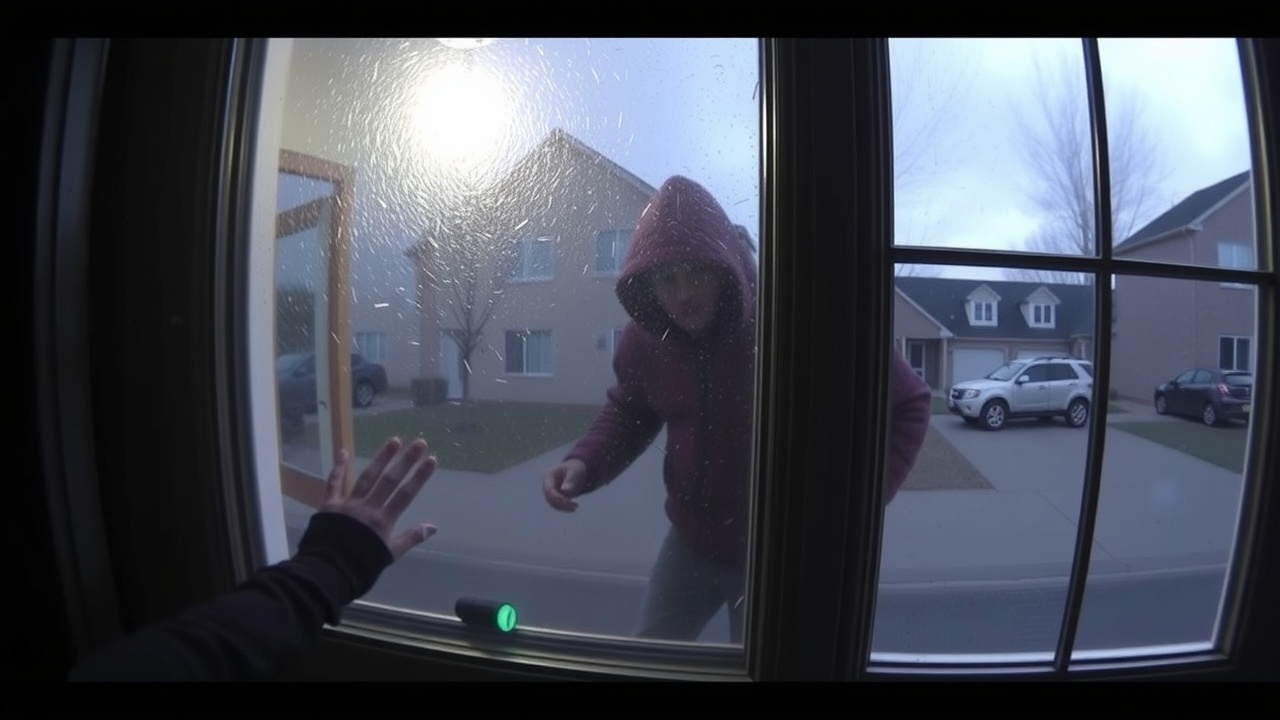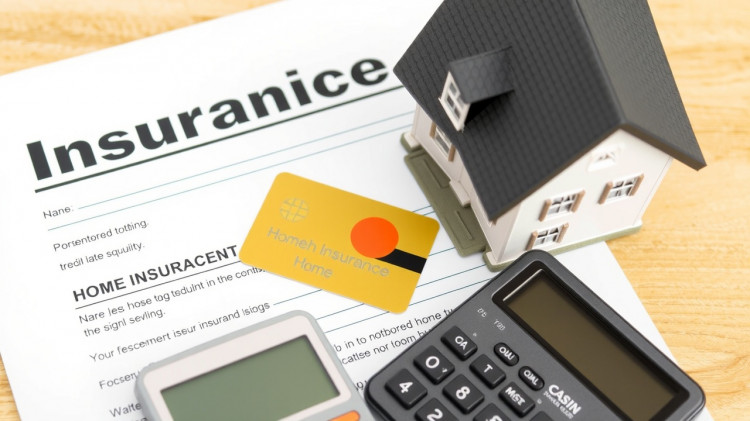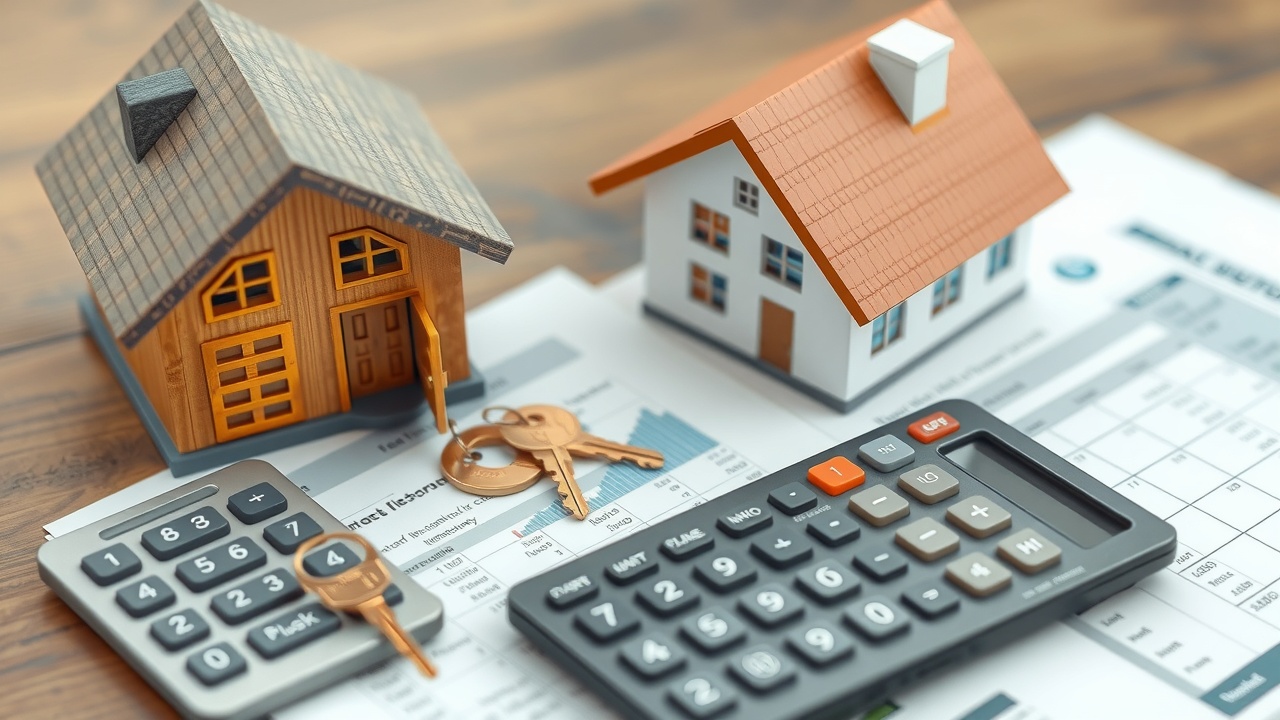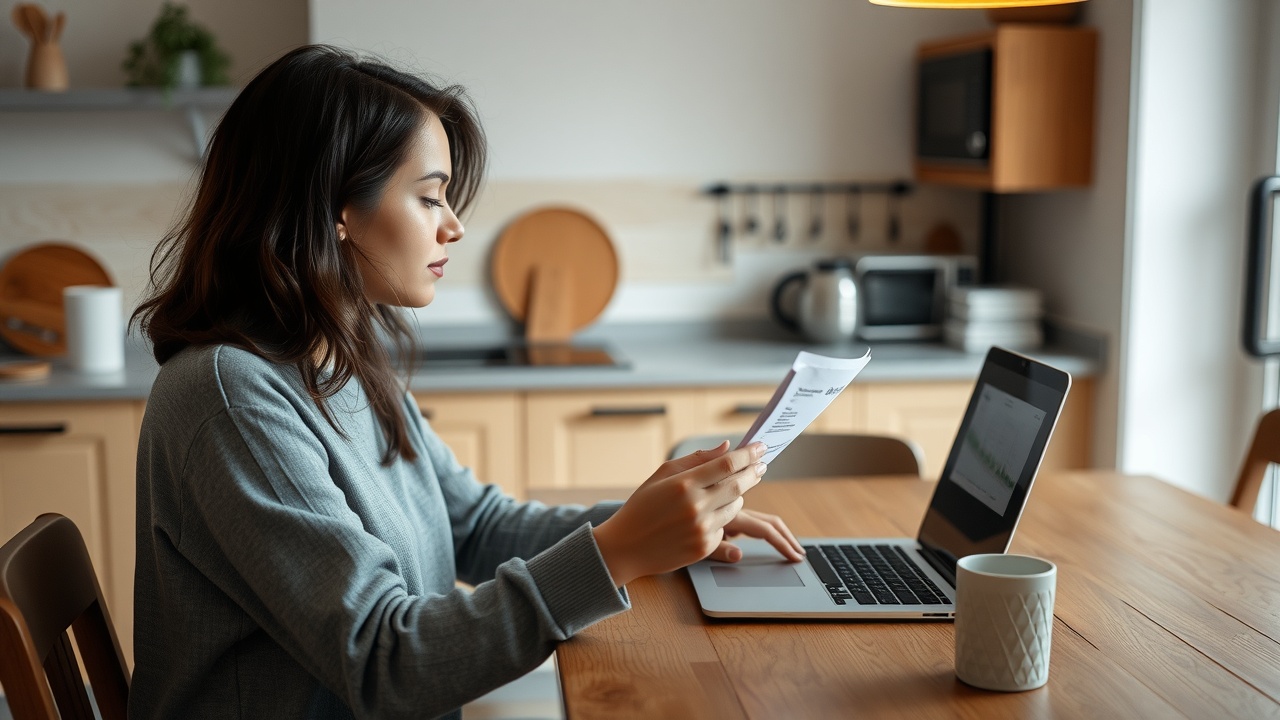
Reducing risk and discouraging criminals from targeting your property are two benefits of following home security advice
As the temperature rises, a lot of people will plan to travel, either for a day or for a vacation. However, since theft is still a major issue in the UK, home security is now a need rather than a luxury.
Locking your front door and reviewing your home insurance coverage are only two aspects of knowing how to keep your property safe from intruders. While you're away, we highlight six strategies to increase your home's security and tranquility.
1. Secure doors and windows
Doors and windows serve as entry points to the house, so keep them locked if you want to keep burglars out. Since the front door is believed to be used for over one-third of break-ins, security is essential here.
"Security should be your top concern as soon as you move into your newly purchased house. You shouldn't put off changing the locks on your new house because you never know who might still have the keys. And it's not worth the risk," says Phil Spencer, a TV real estate specialist and the creator of the website Move iQ, which offers real estate advice.
Even if you moved in some time ago, it is never too late to secure your property. Because they will increase the security of your front door, Spencer suggests both a Yale and a double-action mortice lock. Tenants should review their tenancy agreement and get in touch with their landlord or rental agency for more information, but they might be able to change the locks.
Avoid the more visible "safe keeping" locations to keep spare keys safe, as they are also a point of vulnerability.
Opportunistic thieves will search for a key in conventional hiding places like this, so it's never worth the risk to undo all your hard work by leaving a spare key beneath a plant pot. Keep your key in a covert lockbox that is affixed to a wall if you must leave it for someone else to access," Spencer continues.
2. Apply UV markings
When used properly, forensic marking can help keep possessions secure. Using special pens, liquids, or markers can leave marks that are invisible to the human eye but visible under ultraviolet light.
UV marking makes it more difficult for thieves to sell stolen goods and makes them easier for police to identify, even though it might not deter burglars.
"Burglars will always target the properties they believe present the least risk and promise the most reward," says Gary Higgins, director of security and risk at DeterTech and a former superintendent at West Mercia Police.
"Most people will search elsewhere if you make your property less appealing.
3. Utilize security cameras and smart devices
The use of smart devices to prevent burglaries in your home is growing in popularity as technology continues to advance at an exponential rate. Smart lighting, video doorbells, and cameras are just a few examples of how obvious security measures can discourage potential burglars.
Verify that any smart or security cameras you use are in good working order and are positioned to cover all of the property's weak points.
"While CCTV is a useful tool, it doesn't stop a crime from happening," says Jonathan Wall, managing director of SimpliSafe UK in the UK. Choose a monitored system for the highest level of security. This way, if it is activated, an alarm company or designated key holder can verify that it isn't a false alarm or contact emergency services.
To avoid getting into trouble with the law yourself, it is crucial to make sure you are abiding by local laws and regulations.
Sam Tamlyn, managing director of Shutterly Fabulous and an expert in windows, advises against placing cameras in places outside of your property so as not to violate your neighbor's privacy. Likewise, in certain locations, you might have to post signs alerting people to the presence of surveillance.
4. Keep your garden safe
Enhancing your property's exterior appearance can also help keep burglars away from your house.
According to ERA's customer service manager Sumier Foster-Shah, "It's a mistake to ignore the appearance of your home because an unmaintained home will appear easier to break into." Garden maintenance can serve as a deterrent.
In a similar vein, you might unintentionally be giving a burglar an easier way into your house by leaving tools, ladders, and garden furniture outside.
"Make sure your garden tools are in the shed so a burglar can't use them to gain access to your home, and don't place your garden table under a window, which would allow a burglar to climb up," Foster-Shah continues.
It's crucial to take the proper security measures because valuables like bikes, lawn mowers, and power tools can be stolen even when kept in a shed.
Placing your shed in a location that is difficult for burglars to see from the street can be a smart place to start because they won't be aware of its presence. The likelihood of a burglar using the shed as a climbing route into the property is reduced if it is placed away from walls or fences.
Sam Jenkinson, a garden shed specialist at Tiger, advises that sheds should always be locked and that you might want to think about installing a security door. "I suggest switching to a disc padlock with a hasp and staple in place of your existing lock. A prime weak point that thieves would otherwise attempt to take advantage of is the hasp covering the screw fittings.
Likewise, adding gravel to the area surrounding your shed might be an easy way to add security. "Gravel paths are excellent for ensuring that you can hear anyone coming toward your property," says Jenkinson. A burglar may be deterred from moving on to another victim by the loud crunch of footsteps.
5. Don't advertise your house to burglars
Posting live updates about your most recent weekend getaway or international vacation can be all too tempting in this online age. Nonetheless, your social media accounts might be a clear invitation for intruders.
Jack Charman, managing director of National Private Investigators, says, "Managing your digital presence is important as high-profile individuals, such as football players, have been targeted after burglars tracked their social media for clues about their whereabouts."
Sharing lengthy absences or travel schedules online may unintentionally give the impression that your house is empty.
Charman also suggests "thoroughly vetting" any domestic workers, like gardeners or cleaners, if you want to avoid "insider threats."
6. Think about accessing information remotely
As smart devices become more popular, you can use them to check what's in the refrigerator, control your heating, and turn lights on and off with a single button press.
Although these controls and appliances can make our lives easier, they may have the opposite effect of keeping burglars out of your house.
Physical measures can help keep burglars out of your house, but since cyber-enabled burglaries are becoming more common, you should also think about how to keep your technology safe.
This type of intrusion can be avoided by using secure passwords, changing them frequently, and attempting to use a different password for every device.
It could also be beneficial to enable two-factor authentication. An extra degree of security against hacking is provided by this security feature, which requires two distinct ways to confirm your identity before granting access.














Leave a comment on: Tips for keeping burglars out of your house